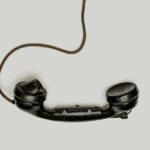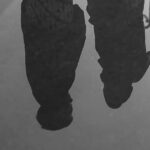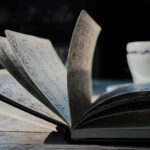THE MAKING OF THE JAZZ WAR
★ ★ ★ ★
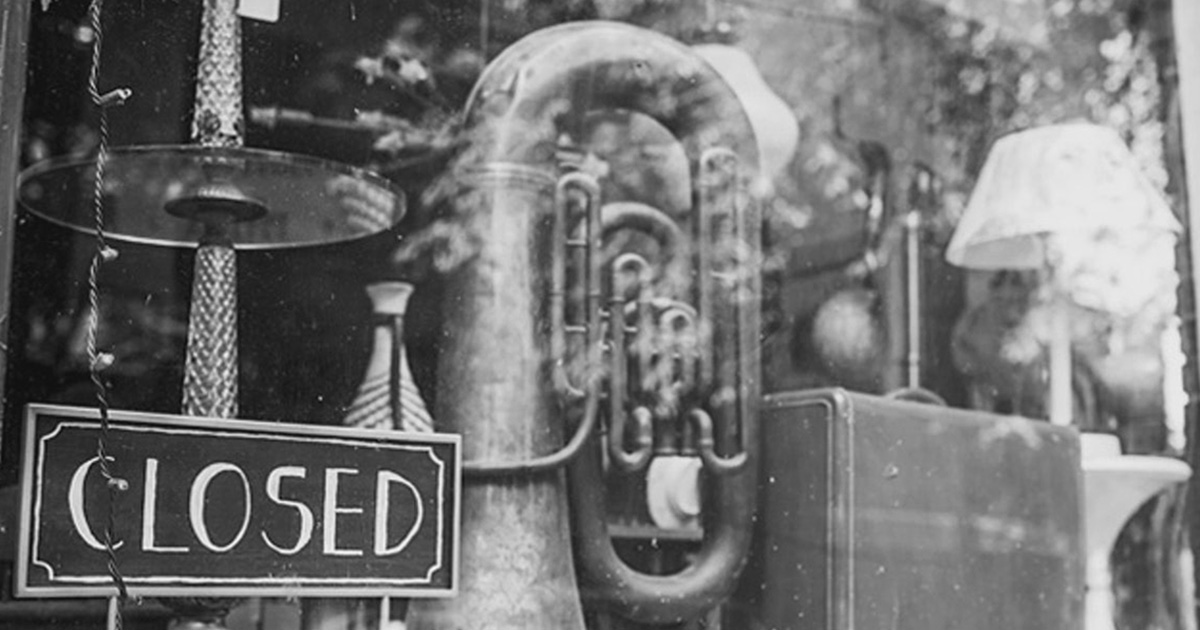
By Will Studdert
It’s a cold, dishwater grey morning in Toronto, Lester B. Pearson International Airport, in the autumn of 2012.
I’ve just flown in from Washington DC, where I spent a glamourous two weeks holed up in the Holiday Inn in the grim Maryland suburbs, living off a mix of Whole Foods pick n’ mix salads and powdered macaroni from the 7-11 across the car park, going sometimes days on end without polysyllabic human interaction. Every morning except Sundays for the past fortnight, I’ve commuted on rusty buses and delayed trains to the National Archives and Records Administration in College Park to trawl through endless dusty files in search of obscure information on US and German wartime propaganda. Now, after an ungodly early start, I’m shuffling through passport control onto Canadian territory for the next leg of the trip.
The border officer straightens up and takes my document. I prepare for the same hostile. paranoid cross-examination I’d experienced arriving in the USA, the alarm bells at the word ‘research’ and the further questioning in the separate room usually reserved for suspected terrorists. But he seems less worried, possibly even a little bored by my arrival.
“What’s your reason for coming to Toronto?”
It’s a fair question, and I have asked myself the same thing several times already. Why have I landed in this strange northern city, thousands of miles away from home, in search of some illuminating scraps of paper, some clues, some pieces of an historical jigsaw puzzle, like some rogue character from a Dan Brown novel?
* * *
It had all started a few years earlier with the movie Swing Kids, of all things. It’s not even an especially good film, but the story of the unlikely, rebellious jazz subculture of the Swing-Jugend in Nazi Hamburg, digging Benny Goodman and engaging in mass fist fights with the Hitler Youth, piqued my interest. Later that night, I searched Google for keywords, “Swing”, “Third Reich” etc. Almost immediately, fatefully, I found a blog post about a mysterious ‘Nazi propaganda jazz band’ called Charlie and his Orchestra.
Charlie and his Orchestra was a wartime group that recorded musical evergreens, dance numbers and jazz tunes for broadcasts to Britain and the USA, but with English-language lyrics produced by Nazi propagandists that were designed to subvert and demoralise enemy listeners. The Mp3s available online revealed spooky, unsettling recordings with an oddly charismatic, imperfect vocal delivery by the group’s singer, a Propaganda Ministry employee named Karl ‘Charlie’ Schwedler, backed by some of Germany and Europe’s best jazz musicians.
I figured I had stumbled across the perfect idea for a novel. The story of the jazz elite placing their talents at the disposal of Goebbels’ propaganda machine was just waiting to be turned into a best-seller, right? It would write itself! In the weeks that followed I ordered the scant secondary literature I could find on the subject and set to work. The weeks turned into months, my fascination grew, and my focus started diversifying to encompass British wartime jazz, American poet-propagandists and clandestine radio transmitters broadcasting dance music and malicious misinformation to the German U-boats in the cold North Sea nights.
The only thing that wasn’t really progressing was the novel. As so often in life, fact was starting to prove stranger than fiction, and all the details I could invent felt more convoluted, less vital and less interesting than the actual verifiable events and protagonists. I applied instead for a PhD scholarship at the University of Kent to study the subject properly and spent the next four years commuting to England, learning the historical trade from my infinitely patient, inspirational supervisors and spending long, happy hours engaged in detective work at German, British and North American archives, surrounded by files that have been gathering dust since the war. I loved the simple, meditative act of sitting in silence among the documents, carefully turning the crumbling sun-bleached pages of correspondence between long-dead bureaucrats. Buzzed on subsidised machine-issued coffee, I trained my eyes to skim many thousands of typewritten words for the telltale “zz” that would betray a possibly invaluable reference to jazz amid the endless quotidian details.
An occupational hazard, however, is the fact that immersion in the details of a bygone era can make them seem more real than reality, or at least more exciting. There is one moment of great visual articulacy in the film Midnight in Paris (I know, Woody Allen, but that’s a whole other essay) in which Owen Wilson’s character leaves Ernest Hemingway in the 1920s wine bar, wanders out into the street, and then backtracks to try to find the bar again. Instead, the spell has been broken and the building has become just a bog-standard, modern-day launderette in the unsatisfying present. This image haunts me still as I walk around Berlin and London; on Wardour Street in Soho I was greatly moved to loiter outside an unremarkable, grimy shuttered corner house that, during the war, used to be the “predominantly black, marijuana-scented environs” of Jig’s Club, a demimonde nightclub where pioneers of British jazz would ply their trade for the aficionados. Then there was the sterile-looking basement pizzeria on Albemarle Street in Mayfair, which for me will forever be filled with the ghosts of drinkers and dancers at the illegal El Morocco Bottle Party, another unlicensed afterhours drinking club that was finally closed down in 1940 as a threat to the war effort. In Berlin, too, my wife and I wandered the streets in search of the old wartime hepcat hotspots, some of which are still more or less in tact (the Delphi, now the famous cinema, or the Ciro Bar, these days a seedy red-light joint), while others have been wiped off the map entirely by Allied bombs or, like the legendary Groschenkeller on Kantstraße, become a harmless souterrain toyshop.
This obsession resulted in a PhD, and now in a book, The Jazz War. It’s not the book that I set out to write when I first lucked upon this subject matter a decade ago, but it’s a genuine labour of love nonetheless, and my life has been all the richer for it.
* * *
So, I should probably tell all this to the border officer in Toronto, in the morning light of the gleaming arrivals lounge, as he asks me to explain my presence in his city.
“There’s an archive here,” I say instead. “Up at the University. It holds some remarkable primary sources on 1930s German jazz that I can’t find in Europe.”
1930s German jazz. I might as well have told him, like David Icke, that I was the son of God and the world was controlled by lizard-men.
At length he smiles sympathetically at this dishevelled apparition before him and slaps the passport down on the desk.
“Well,” he sighs. “If there’s anyone out there who cares about that stuff, then come on in.”
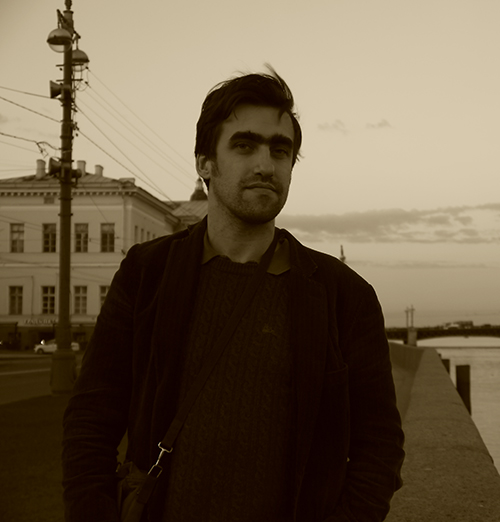
Will Studdert is a historian and author of the newly-released book The Jazz War (I.B. Tauris, 2018), which is based on his doctoral research on jazz and propaganda in World War II. His short story Horst-Wessel-Stadt won The Reader Berlin’s 2014 competition, and he is currently working on an historical novel. In his spare time, he is singer-songwriter with the British punk band Zatopeks. He lives with his family in Berlin.
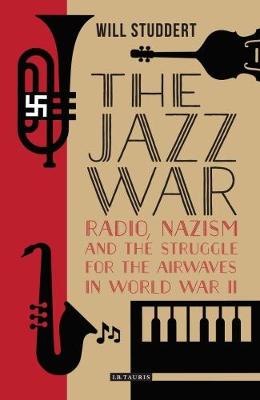
During World War II, jazz embodied everything that was appealing about a democratic society as envisioned by the Western Allied powers. Labelled ‘degenerate’ by Hitler’s cultural apparatus, jazz was adopted by the Allies to win the hearts and minds of the German public. It was also used by the Nazi Minister for Propaganda, Joseph Goebbels, to deliver a message of Nazi cultural and military superiority. When Goebbels co-opted young German and foreign musicians into ‘Charlie and his Orchestra’ and broadcast their anti-Allied lyrics across the English Channel, jazz took centre stage in the propaganda war that accompanied World War II on the ground. The Jazz War is based on the largely unheard oral testimony of the personalities behind the German and British wartime radio broadcasts, and chronicles the evolving relationship between jazz music and the Axis and Allied war efforts.

DEAR READER
At The Wild Word we are proud to present some of the best online writing around, as well as being a platform for new and emerging writers and artists.
If you have read the work in The Wild Word and like what we do, please put something in our tip jar.
THANK YOU FOR YOUR SUPPORT!


